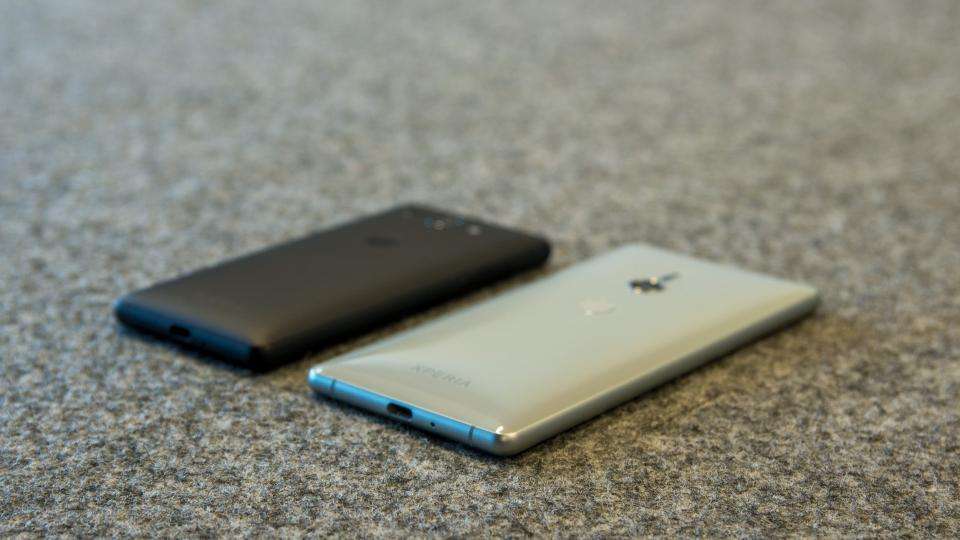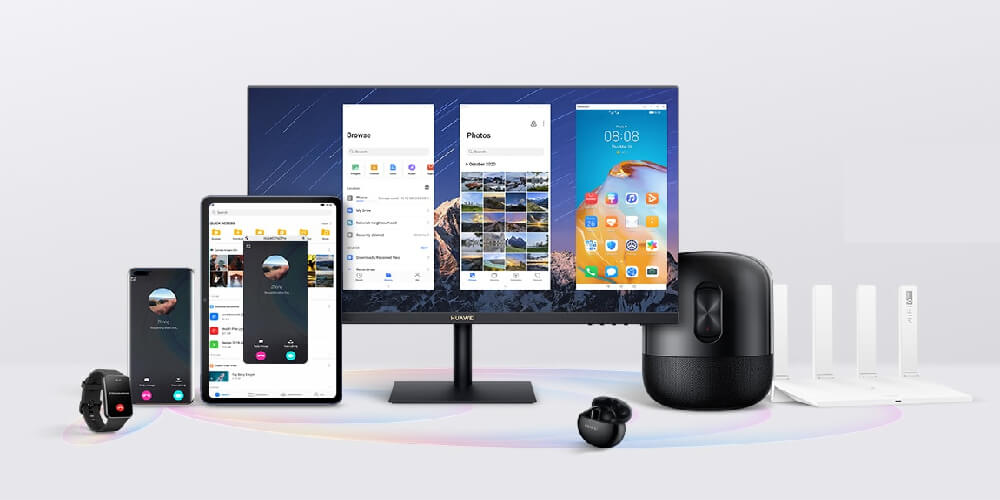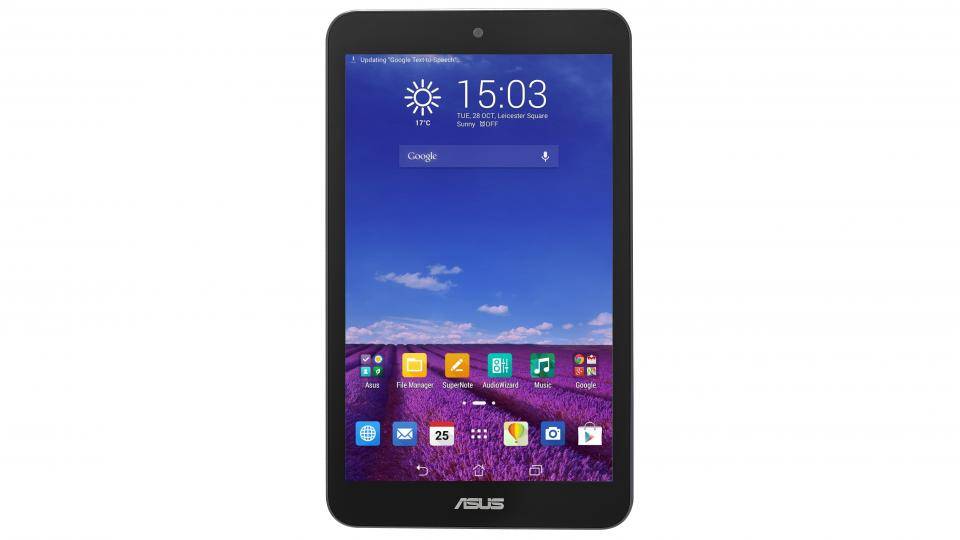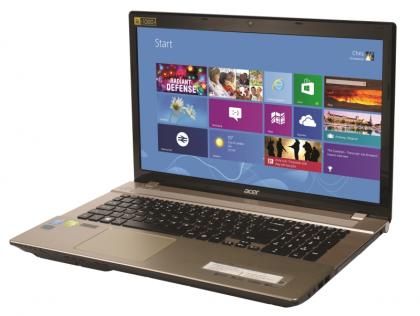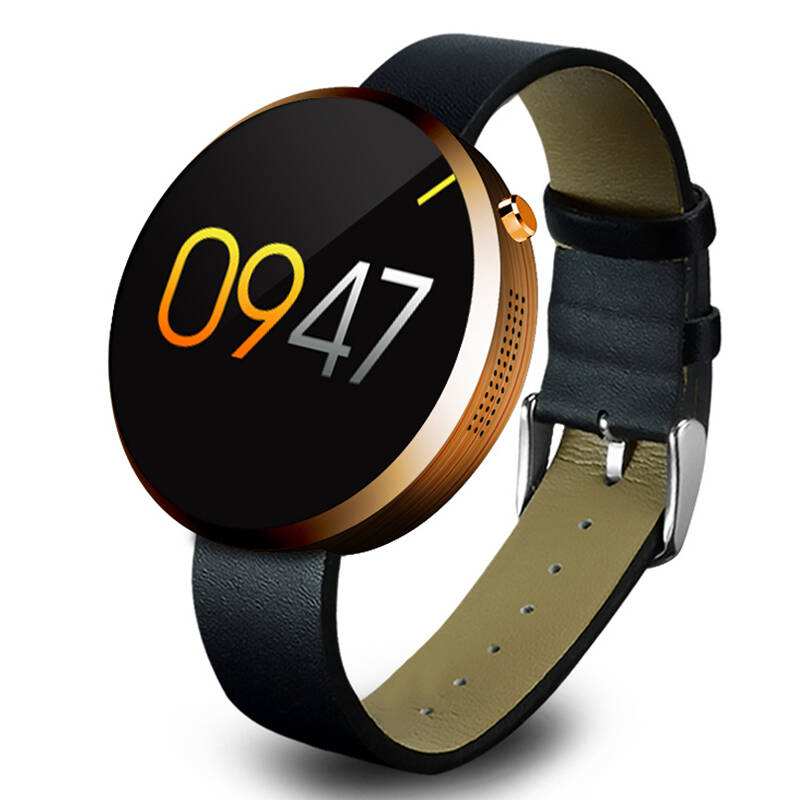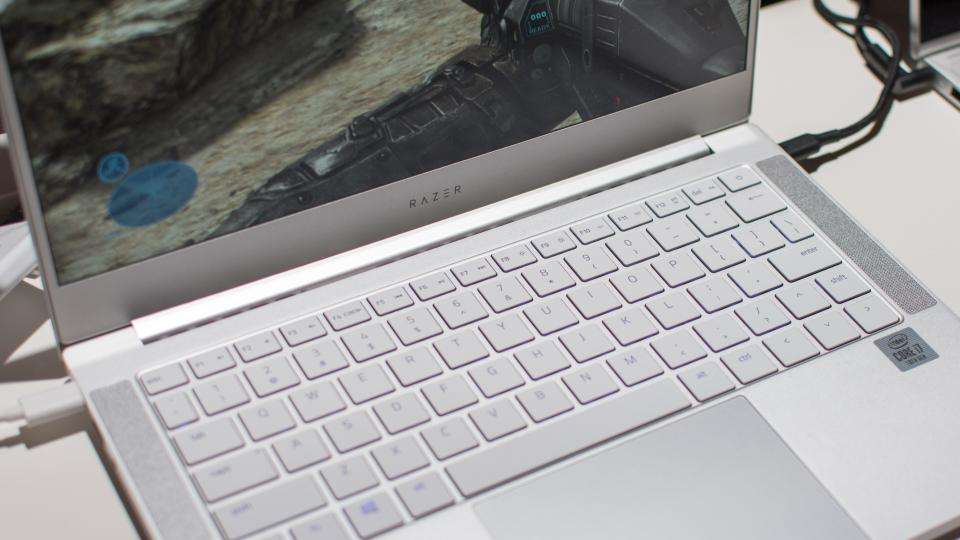After months of several beta updates, Android 11 is finally here . Google today publicly released the latest and greatest version of its OS, and while there aren’t many surprises for those of us who have been using the beta for a while now, it’s nonetheless a worthwhile update for everyone else.
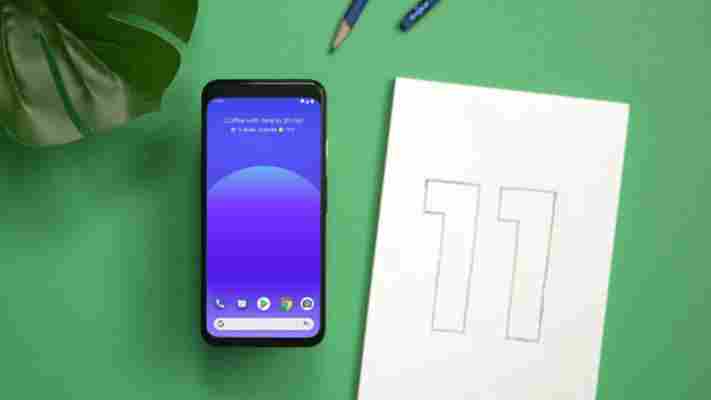
The update is rolling out today on “select Pixel, Oneplus, Xiaomi, Oppo, and Realme phones,” with other partners to follow. Indeed, the update is already available on my Pixel 4 XL. If you have a compatible device, here are some of the best reasons you should consider upgrading.
Android 11 includes two big improvements to text conversations on your phone. Firstly, Google now keeps your conversations separate from your other notifications, giving them priority near the top of your notifications shade. They get their own section, taking precedence over random pings from other apps, and you can also set conversations to a high priority, allowing notifications to come through even if you’ve otherwise muted notifications.
This is one of my favorite things about Android 11 — it helps prevent important conversations from being buried under the wealth of notifications we all receive every day.
Secondly, Google is finally rolling out its official implementation of conversation ‘bubbles.’ If you use Facebook Messenger on Android, you might already know what I’m talking about; the feature allows conversations to exist in floating bubbles that you can move around your screen and access from within any app. While developers will have to update their apps code to support the feature, I expect the feature to catch on quickly.
While Android has always had an edge over iOS on notifications, today’s update puts it another step ahead.
Until now, recording your screen on Android has been a bit of a hassle, requiring you to use third-party apps that are often buggy. Starting today, you can record content on your device — including audio from your mic, device, or both — without having to install a separate app.
To enable the feature, you may need to first add it to the quick settings menu of your notification shade. On Pixel phones, you can simply open the notifications shade, tap on the pencil icon, and drag and drop the Screen Record button onto your active tiles. Then you can begin recording by tapping the Screen Record button on your phone anytime.
If you have multiple smart devices in your home, you know how much of a pain it can be to manage them all — especially those times the Google Assistant just can’t seem to understand what you’re trying to say. Google now has a solution: you can access controls for all your smart gadgets right from the power button menu. Simply long-press on the power button and you’ll see controls for all the smart lights, locks, thermostats, and whatever else you may have in your home.
[Read more: These tech trends defined 2020 so far, according to 5 founders ]
Switching audio devices is a bit of a pain on Android, especially now that Bluetooth headphones are increasingly the norm. Sometimes I listen through my phone’s speakers, sometimes I use headphones, others my fancy speakers or TV. Android 11 lets you quickly select your audio output from the notifications shade.
Android 11 also provides more extensive media controls for interacting with your music in the notifications shade. For example, you can now resume a music session right from said menu – no need to open Spotify again after you’ve closed it. Google says you’ll be able to switch between apps in the order they were last played, which is handy for someone like me who constantly switches between music and audiobooks.
With Android 10, Google started to take privacy a little more seriously, allowing users to limit things like location access to only operate when you’re actually using an app (as opposed to the background). Now the company lets you provide apps one-time access to certain features like your camera or microphone — something that should’ve been done a long time ago, if you ask me.
Google also will also now automatically reset permissions provided to an app if you haven’t used it in a long time. Google doesn’t specify what a long time means, but it’s a good safety measure should an app be compromised or change its privacy policy.
While the above features are available to any device running Android 11, Google also has several Pixel exclusives launching today.
Live View with Location Sharing allows you to easily use turn-by-turn direction to meet up with friends who have shared their location with you. It’s essentially an AR friend finder, as this clip from Google illustrates:
Google is also making it more convenient to take screenshots and capture text from apps. You can now swipe up and hold to access the app card view, from which you can opt to take a screenshot and edit an image or select any text on the screen – event text you wouldn’t normally be able to select on Android.
Other AI-based updates include Smart Replies built into the Pixel’s keyboard (in which Google suggests phrases, not just words), app recommendations on your home screen based on your usage habits, and folder name recommendations for helping you keep files organized. For more on the updates rolling out with Android 11, you can check out Google’s blog post here .


